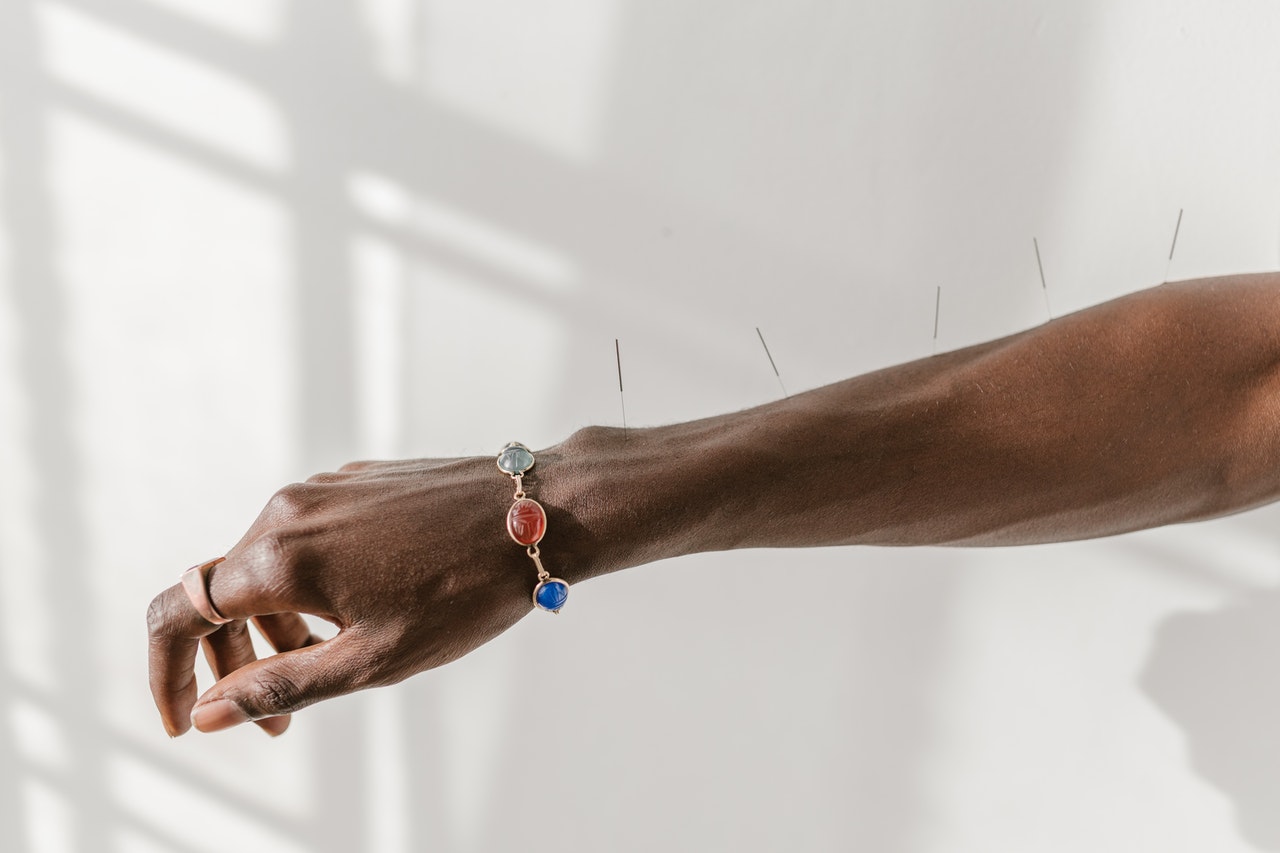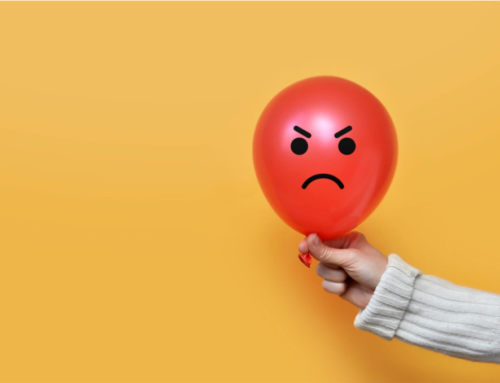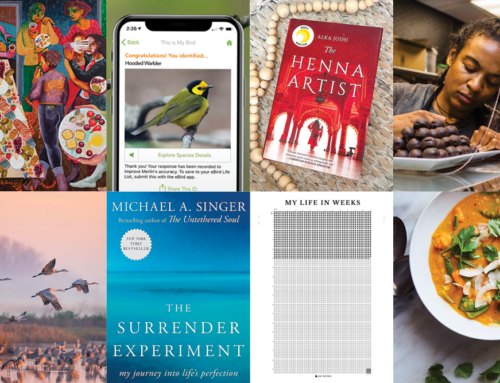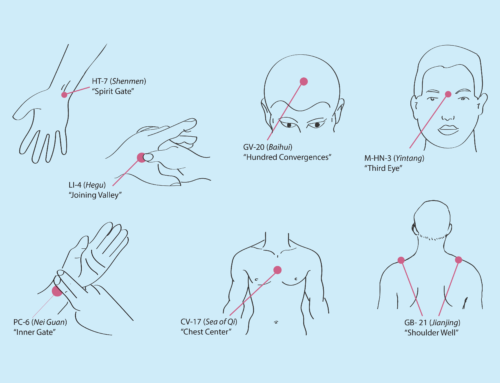Photo by RODNAE Productions from Pexels
Major depression is one of the most common mental disorders in the United States. For some, depression can severely interfere with carrying out important life activities. According to the 2020 National Survey on Drug Use and Health (NSDUH), an estimated 21 million U.S. adults had at least one major depressive episode. This results in 8.4% of all adult Americans. Though major depression is increasing among all age groups, it is rising fastest among teens and young adults (aged 12-17) at 17% of the population.
For those suffering from illness, depression often coincides. Studies have shown that 25% of cancer patients, 1 in 3 heart attack survivors, 50% of Parkinson’s disease patients, and 1 in 3 diabetics experience depression.
Typically treatment includes talk therapy and medication. For some, therapy may be the key while others turn to prescriptions, or a combination of both. However, finding the right therapist and medication can be tricky. Roughly half of those who seek treatment are not helped by psychotherapy and medication or withdraw from treatment too early.
Treating Major Depression with Acupuncture
To alleviate depression, Americans are turning to holistic modalities such as Chinese medicine and for good reason. Acupuncture is a gentle and non-pharmaceutical option that promotes overall health wellness. Additionally, acupuncture can be used in conjunction with standard depression treatments.
According to Traditional Chinese Medicine, depression is most commonly caused by a blockage of Qi (vital energy) in the body. It is Qi that regulates spiritual, emotional, mental and physical balance. These blockages can be caused by many factors such as physical or emotional trauma, inherited Qi weakness, poor diet, and physical or emotional stress. Acupuncture helps to keep the flow of this energy unblocked and restore balance in the body. More importantly, acupuncturists treat patients holistically and uniquely, treating the source of depression and any underlying issues. Utilizing acupuncture allows the practitioner to address other underlying causes that may be at play.
Acupuncture also aims to regulate hormonal imbalances and increase levels of feel-good brain chemicals like dopamine and serotonin. According to the American Psychiatric Association, differences in brain chemicals like these are a potential cause of depression.
Additionally, studies have shown promise. In one of the largest, a review published in the Cochrane Database of Systematic Reviews, 64 acupuncture studies for depression were assessed encompassing more than 7,100 participants. The study found acupuncture to be moderately effective in reducing the severity of depression compared with standard depression treatments or no treatment at all.
In another systematic review, published in August 2019 in the Journal of Clinical Medicine with nearly 2,300 total participants, acupuncture was a viable addition to standard depression treatments.
Certainly, studies are not without limitations. Often they don’t make clear how acupuncture stacks up against standard treatment such as psychotherapy or medication. Or they lack medium- and long-term follow-up. However, acupuncture research points to moving the needle in the right direction.
If you’ve been experiencing major depression, seek help. Talk to your doctor or a therapist and consider the options best suited for you. And when in for your next treatment, don’t hesitate to talk to your acupuncturist about your mental health.
For additional resources, visit the National Alliance on Mental Health and the Substance Abuse and Mental Health Administration.
Sources:
Acupuncture Effective in Treatment of Mental Illness, American College of Traditional Chinese Medicine
Depression Statistics, Depression and Bipolar Support Alliance
Is Acupuncture Any Help for Depression?, Everyday Health
Major Depression, National Institute of Mental Health





